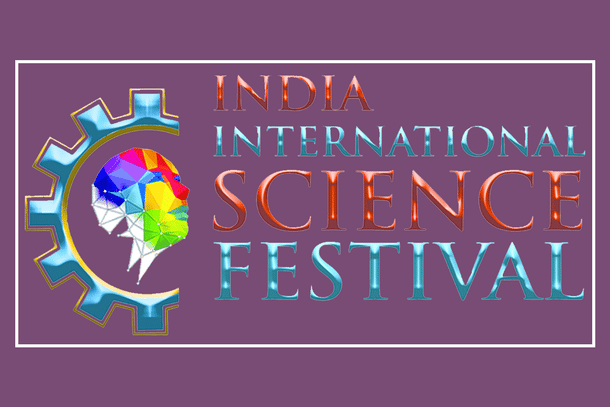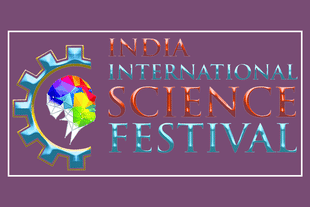Science
India International Science Festival 2020 To Get Bigger And Better This Year
Karan Kamble
Nov 18, 2020, 02:36 PM | Updated 03:56 PM IST
Save & read from anywhere!
Bookmark stories for easy access on any device or the Swarajya app.


India’s annual event dedicated to the celebration of science and technology returns this year and, despite the pandemic, promises to be bigger, better, and possibly record-breaking.
The India International Science Festival (IISF) 2020 will be held virtually from 22 December to 25 December. These dates carry significance as they mark the birth anniversaries of mathematician Srinivasa Ramanujan (22 December) and former prime minister of India Atal Bihari Vajpayee (25 December).
The theme this year is “science for self-reliant India and global welfare”. It is an extension, to some extent, of the vision of aatmanirbhar Bharat shared by Prime Minister Narendra Modi in May.
The vision and objectives broadly include the promotion of aatmanirbhar Bharat and global welfare through science, technology, and innovation, development of scientific temper among the public, the achievement of inclusive and sustainable growth for the future, and recognition of the contribution of science and technology to global development.
IISF 2020 will feature more events than in any year since the beginning of the festival in 2015. As many as 41 events across nine segments are planned.
IISF 2019, in comparison, had 19 events. Going further back, the first edition held at the Indian Institute of Technology Delhi had only eight, indicating the impressive growth of the festival in the last five years.
Naturally, many new segments and events will be on show this year.
Agriculture technology, for example, is on the table under the segment “science for agriculture and rural development”.
The idea behind the inclusion of “agri-tech” is to expose farmers to the new technologies available. It is also a natural fit because doubling the income of India’s farmers is a promise of the Narendra Modi government.
New events will feature under the sustainable development theme too. These events will pertain to biodiversity, clean air, energy, habitat, and waste and sanitation, among others. India is committed to sustainable development goals internationally.
An entirely new segment this year is ‘history, philosophy, and science’, comprising the events ‘history of Indian science’, ‘philosophy of science’, and ‘science and performing arts’.
The attempt with this segment is to spread the knowledge of science in ancient India to the public. Under this segment, the festival will also offer a holistic view of science integrating both the natural and social dimensions.
The ‘Guinness World Records’ event under ‘science for masses’ will be particularly exciting as IISF 2020 will be pursuing a special achievement – participation of roughly 2,000 individuals per day at peak hour.
Unlike in the previous years, the sixth edition of the mega-science festival will be taking place in the middle of a pandemic.
Addressing this challenge at the curtain raiser event to the festival, Union Minister Dr Harsh Vardhan, who is in charge of verticals like health and family welfare, and science and technology, urged the representatives of various institutes to see this circumstance as an opportunity and a blessing in disguise.
As the event will be held virtually, many of the logistical challenges will ease up, Dr Vardhan suggested. This also presents an opportunity to establish IISF on the international stage, as scientists in various countries can participate in virtual mode.
Numerous government offices and research institutes will be collaborating to make the sixth IISF happen.
The Council of Scientific and Industrial Research (CISR) will be organising the event in collaboration with the Department of Science and Technology, Ministry of Earth Sciences, Department of Biotechnology, Indian Council of Medical Research, and Vijnana Bharati as the knowledge partner.
Supporting institutes include the Ministry of AYUSH, Ministry of New and Renewable Energy, Ministry of Environment, Forest, and Climate Change, Defence Research and Development Organisation, Indian Space Research Organisation, and Department of Atomic Energy.
Karan Kamble writes on science and technology. He occasionally wears the hat of a video anchor for Swarajya's online video programmes.





